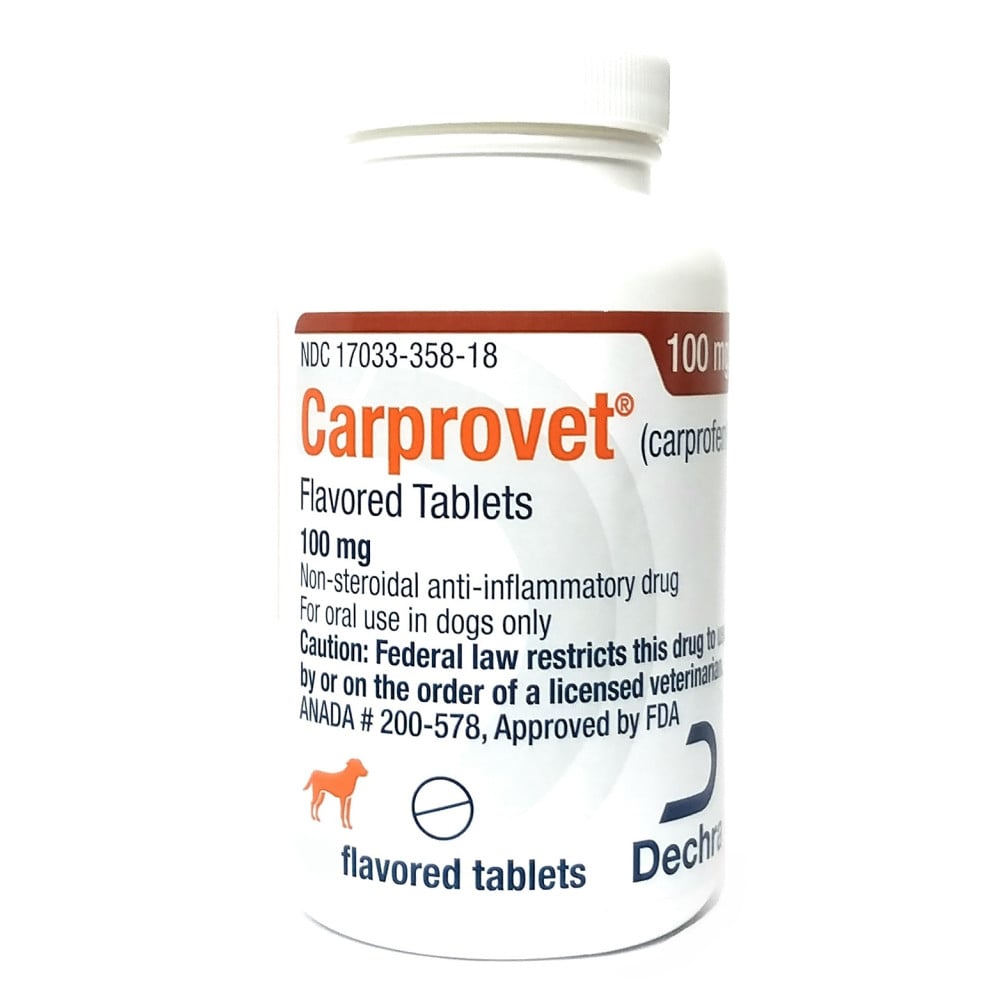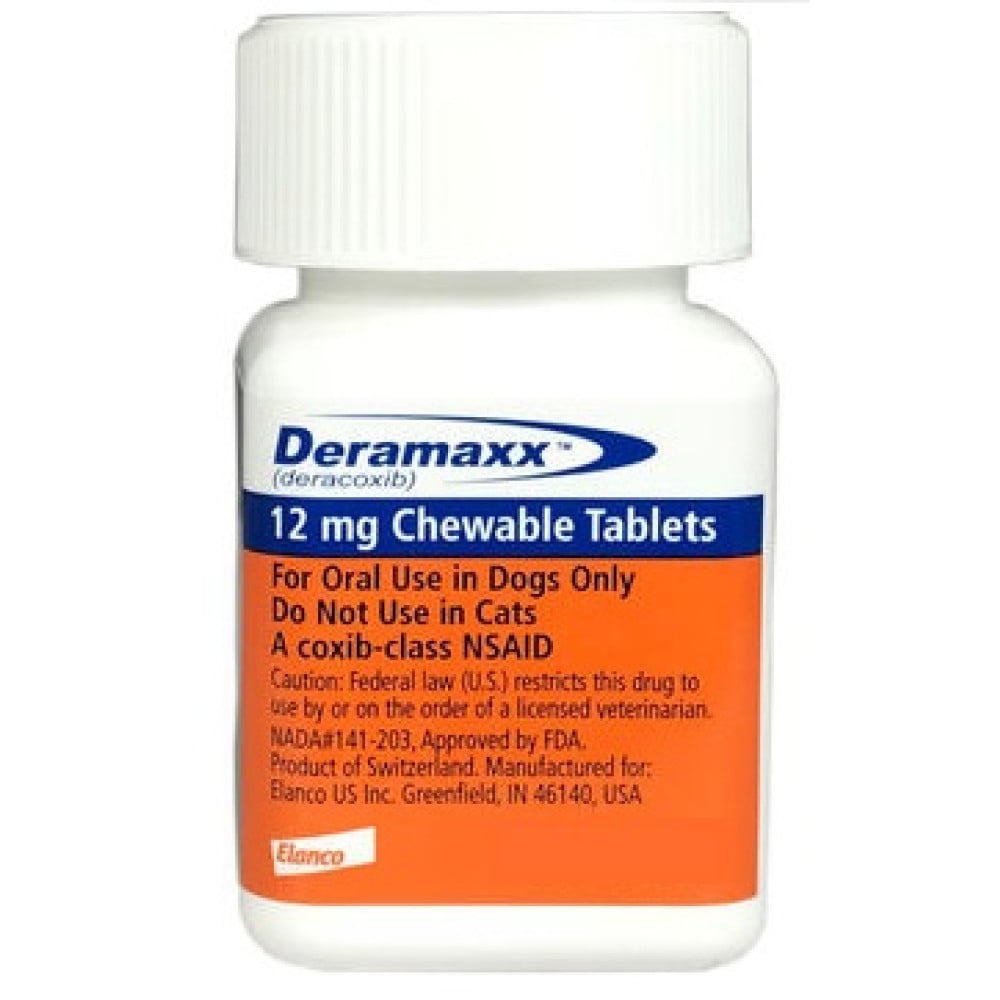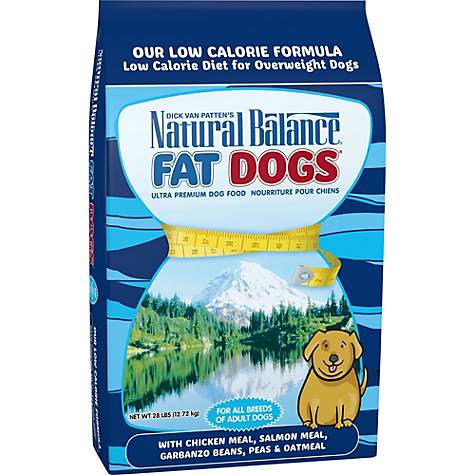Pancreatitis in Dogs
We've had dogs with a couple of bouts with Pancreatitis. It's a very insidious disease and can mimic other things....from indigestion to bloat. The pancreas is part of the endocrine and digestive system, which is integral for the digestion of foods, producing the enzymes that digest food, and producing insulin. Inflammation of the pancreas (or pancreatitis) often progresses rapidly in dogs, but can often be treated without any permanent damage to the organ. On rare occasions surgery is indicated. We had one dog get mild Pancreatitis which was pretty much cured with a low fat diet, our second guy didn't fare as well. It almost killed him. He had an abscess on the pancreas that required removal...and surgery is very difficult to do. Had we waited to take him in to the vet another 24 hours, he would have died - so if you suspect this, tell the vet it's an emergency - becuase it IS. The pancreas is a 'sticky' organ and is difficult for the vet to manipulate in surgery (many vets will do anything to keep from operating on it because it is so difficult).. Fortunately Max pulled though, though he spent a week at the vet and was very sick for some time. After the surgery he tended to have a mild seizure about once or twice a year but other than that has had no lasting problems.
This condition happens when the pancreas becomes inflamed. Pancreatitis can come on all at once and then pass, or it can stay for longer periods. Often the only way you can tell, is the dog is just 'off'...something isn't right. Maybe it seems like an upset tummy, or comes on suddenly like bloat...either way, it's important to get it checked out. A few of the symptoms are here - your dog may exhibit only a couple of them, but it's still serious.
- Loses appetite
- Vomits
- Has belly pain
- Hunched back
- Repeated vomiting
- Pain or distention of the abdomen (dog appears uncomfortable or bloated)
- Diarrhea
- Loss of appetite
- Dehydration
- Weakness/lethargy
- Fever
If your dog has some of these problems for more than a day, or if these symptoms keep coming back, take him to the vet. It could be pancreatitis, or it could be something else. Either way, you should get it checked out.
Diagnosing Pancreatitis in Dogs
Your vet might make a diagnosis based on symptoms alone. Usually, though, she'll need to do blood tests or an ultrasound which uses sound waves to make an image of what's going on inside the body. A good vet that is not sure will consult with a teaching hospital rather than just assume it's nothing and send the dog home. (We're glad our vet did this, because our dog would have died!). Sometimes, the condition comes on as a side effect to a drug, or after surgery. Often, a fatty meal, like bacon grease or table scraps, trigger it. Dogs usually recover from mild cases, but if it's severe, it can sometimes lead to death. If your dog is overweight or has diabetes or epilepsy, he may have a harder time getting over an attack. It's not known what triggers an attack, though it is almost always older, small, female, overweight dogs - but our Max was large (100+lbs), Male, young and correct weight...which is why our vet was reluctant to diagnose pancreatitis without consulting the MSU Veterinary school.
Pancreatitis Treatment
If your vet can figure out what caused the pancreatitis, he'll try to deal with that first. For example, if it was a reaction to a drug, he may take him off the drug. If it's related to diet, he may put him on prescription food. And like I said in some cases, surgery is required. If that is the case, the mortality rate is around 50%....Besides being hard to tell what causes it, and there's no clear treatment to fight it. The focus instead becomes keeping the dog as comfortable as possible until the attack passes unless a cause can be found. For the first 24 hours, vets may recommend no food or water, and pain medications by mouth . That gives the pancreas a rest. Giving your dog IV fluids is a common practice for pancreatitis.
When he gets home, you'll need to give him lots of water to make sure he doesn't get dehydrated. He may need medication for pain, too. He may also get drugs to help ease nausea and vomiting. When your dog starts eating again, make sure it's a low-fat diet. Look for food that's easy to digest. Talk it over with your vet, but it's probably a good idea to stick with this diet for several months, and possibly for life.














